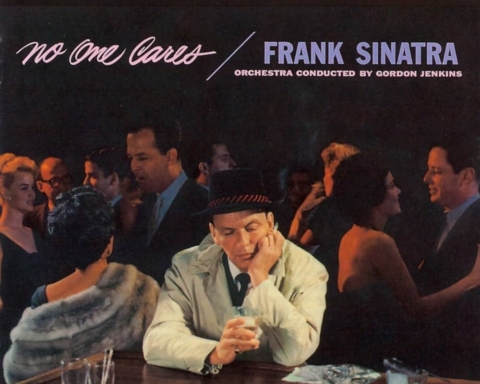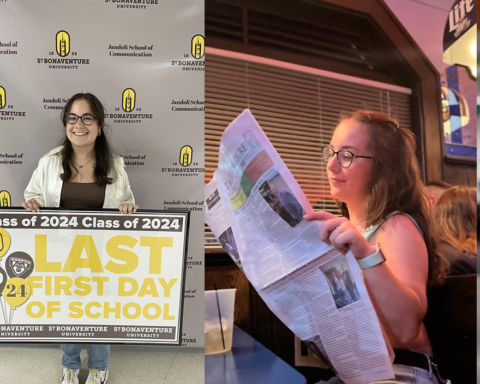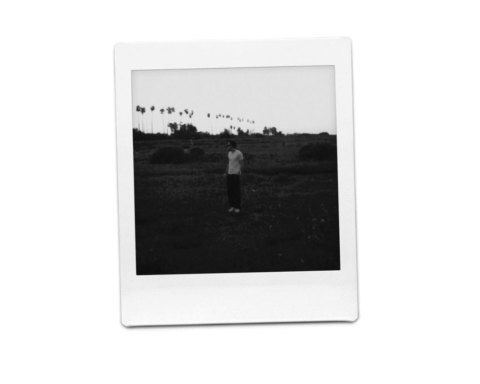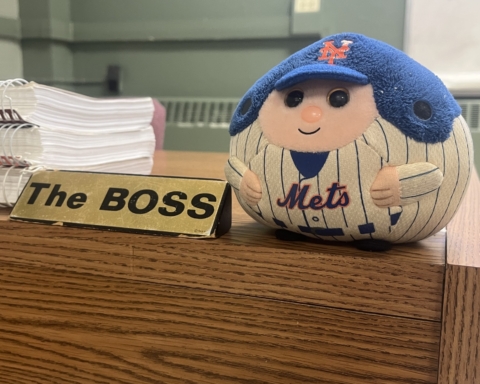Last Friday, Nov. 2, was All Souls Day. It is a feast within the Catholic Church in which we remember our departed. In Latin, it is called “Commemoratio omnium fidelium defunctorum,” or “Commemoration of all the faithfully departed.” It is a time where many take the time to pray for their beloved dead, even in our fast-paced, post-modern liberal culture.
As humans, death and suffering are a painful reality. It always has been and always will be. “By the sweat of your brow you shall eat bread, Until you return to the ground, from which you were taken; For you are dust, and to dust you shall return,” the book of Genesis tells us. Recent events have reminded us of this reality, especially the murder of countless innocent people in the Tree of Life Synagogue in Pittsburgh, Pennsylvania. It reminds us of our fragility and mortality which we often forget about in our daily lives.
It was upon further thought that I realized that we, as a society, are woefully unprepared. The passing of close friends and relatives is something we will all know at some point or another, but it rarely goes further than that. We live busy lives, giving little time to those who are nearing death’s door. This, I believe, is a product of our culture, or arguably, our lack of culture. We are bent forward in our pursuit of scientific and economic progress, so much so that it becomes nearly impossible to look behind us at the wisdom of those who have gone before us.
To put it bluntly, we often forget our dead. Whether this is due to the business of our lives or the arrogance of postmodern thought has yet to be understood. Either way, we are seriously lacking not only in the wisdom of those who have passed on, but also the wisdom of those who are still with us. Remembering the dead is important not only for their sake, but for ours as well. It helps us better appreciate what we have and who we are than if we were to forget those before us.
Remembering the dead is a matter of respect. A respect for those who came before us and taught us and for those who loved and cared for us. Without that, we will lose our memory of not only our beloved dead, but the lengths they went to bring us to where we are today.
By Luke Nolan, Staff Writer
nolanl17@bonaventure.edu





